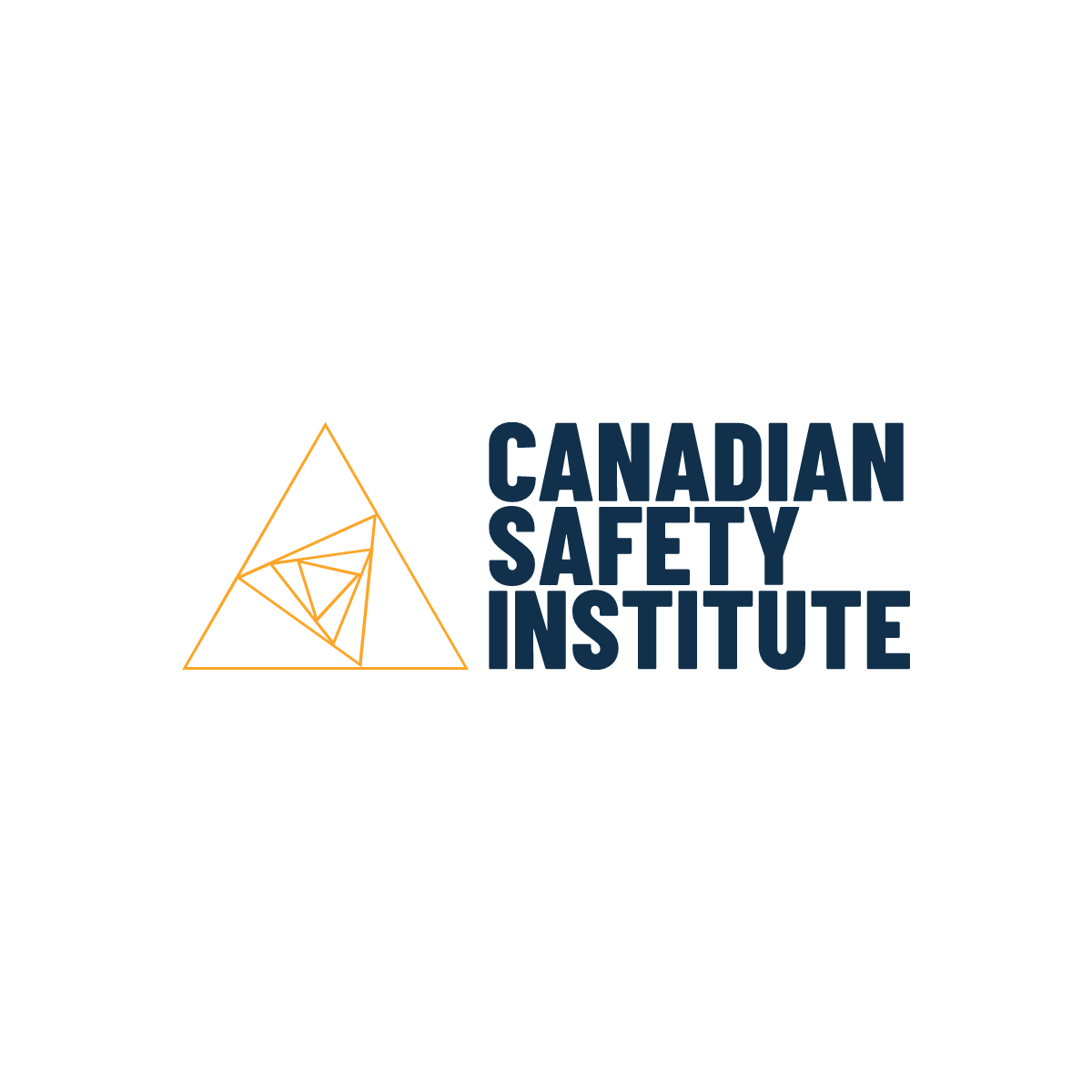Participants in the course will learn in detail about all requirements of the international standards ISO 45001:2018 "Health and safety management systems" and ISO 14001:2015 "Environmental management systems".

Participants in the course will learn in detail about all requirements of the international standards ISO 45001:2018 "Health and safety management systems" and ISO 14001:2015 "Environmental management systems".
Participants will learn about key elements of these management systems, get to know best practices required to implement the systems and become aware of benefits and downsides of integrated management systems.
Participants will acquire skills in conducting internal audit of a management system in compliance with the international standard ISO 19011:2018 "Guidelines for auditing management systems".
Who Is This Course For?
The course is intended for specialists in health, safety and environment, for managers at all organizational levels, for internal auditors of health, safety and environment management systems and for all those who are responsible for the development and implementation of an organization’s health, safety and environment management system.
What Is This Programe For
History of the development of HSE management systems:
Systemic approaches to management and their benefits;
Principles of management systems;
An overview of international best practices in HSE management systems.
Elements of an effective health and safety management system (ISO 45001) and an environmental management system (ISO 14001):
Context of the organization;
Leadership, commitment, consultations and employee involvement, the purpose and content of an HSE policy;
Designing an effective management system (risk management activities and implementation of possible solutions, setting HSE objectives and planning their fulfillment);
Ensuring the efficiency of management systems (resources, competence, awareness, records);
Operation (elimination of hazards and reducing health and safety risks, management of change, contractor safety management and safety management of outsourced services, planning and preparedness for emergency response);
Evaluating performance (active and reactive monitoring systems; measuring, analyzing, and evaluating performance; audits; analysis by senior management);
Continuous improvement (incident investigation, lessons learned, eliminating non-conformances, corrective action, continuous improvement).
The possibility to integrate an HSE management system with other management systems (environmental management and quality management). Advantages and disadvantages of integrated systems.
Skills in internal auditing of management systems:
Getting to know ISO 19011:2018 "Guidelines for Auditing Management Systems";
Audit program and its implementation;
Setting up an audit team. Requirements for auditors’ competences;
Preparation for conducting an audit (audit plan, documentation request);
Conducting an audit – 3 methods of information gathering;
Working out the key takeaways and making conclusions;
Preparation and submission of an audit report. Responsibility for corrective action.
Canadian Safety Institute offers Health, Safety and Environmental (HSE) consulting and training that assist companies with improving their safety culture and reducing operational risks. Become a certified safety and environmental expert with our array of accredited and bespoke training courses and acquire useful knowledge and practical skills to boost your career.
© 2025 coursetakers.com All Rights Reserved. Terms and Conditions of use | Privacy Policy